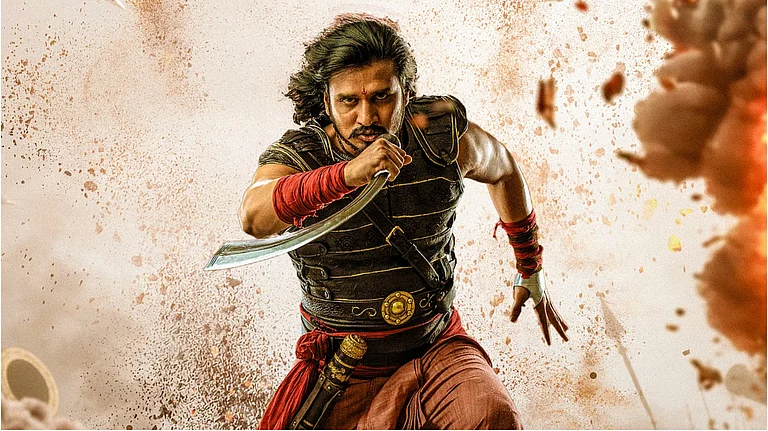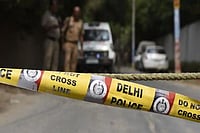In his Dussehra speech, Prime Minister Narendra Modi called upon citizens to end distortions such as ‘casteism’ and ‘regionalism’ that are disturbing harmony in the society – a narrative that the BJP has been using to counter the Opposition’s renewed demand for a caste census across the country. This demand, which could open the doors to equal opportunities for marginalised castes across the country, may also dent the prospects of Narendra Modi-led BJP in the Lok Sabha elections next year.
The Prime Minister, although refraining from using the terms ‘caste census’, has time and again accused opposition parties of dividing the country along caste lines only to gain political mileage. OnTuesday, he said Dussehra should mark the burning of ideologies which are not about India's development but about fulfilling selfish interests. "We should pledge to end social ills and discrimination," he said, adding that every evil which disturbs the social harmony should be burnt as well.
The opposition’s push for a caste census and the Prime Minister’s counterplay comes at a time when the new alliance INDIA is trying to challenge BJP’s politics of Hindutva, highlighting the rising inequality over access and control of resources. Opposition leader from the Congress party, Rahul Gandhi, has been repeatedly advocating for proportionate representation of marginalised communities in getting their due rights, as per their share of the population.
A 2021 survey by Pew Research Center found that an overwhelming majority of Indians belong to marginalised castes, which amounts to 69 per cent of the total population. But a government-led study on the same has not been carried out in India. The last time a caste census was carried out was in 1931 when India was still under British colonial rule. The findings of a nationwide Census in 2011 were never made public. As a result, reservation policies in the country are not designed for the actual “backward” population.
For instance, the Bihar government’s findings on caste survey reveal that while its dominant castes comprise just 15.5 percent, and its marginalised castes make up for a staggering 84 percent of the state’s population, the reservation policy for the marginalised has been limited – only 50 percent of government jobs and educational opportunities are reserved for them.
So the opposition parties have found common ground in not just putting up a united front against Hindutva politics but also for uniting under the slogan of ‘social justice’.
Therefore, once Bihar released the findings of its caste survey on October 2, which put the combined OBC strength at 63 per cent, which is 10 per cent more than the estimates based on the last caste census done in 1931, Karnataka, Rajasthan, and other states with INDIA bloc leaders were quick in following the cue of making announcements on similar surveys in their state.
Modi, on the day the findings of the census were revealed, accused the opposition parties of “committing the sin” of “dividing the country on caste lines”. The renewed Mandal politics, which kept BJP away from gaining power for at least a decade in the 1980s, is expected to take centre stage again as the nation prepares for elections.
In this context, Outlook looks at the debate around OBC politics and other nuances around it – from OBC candidates in different states, revisiting The Rohini Commission and its impact on the 2024 polls to the Maratha quota demand in Maharashtra.


























